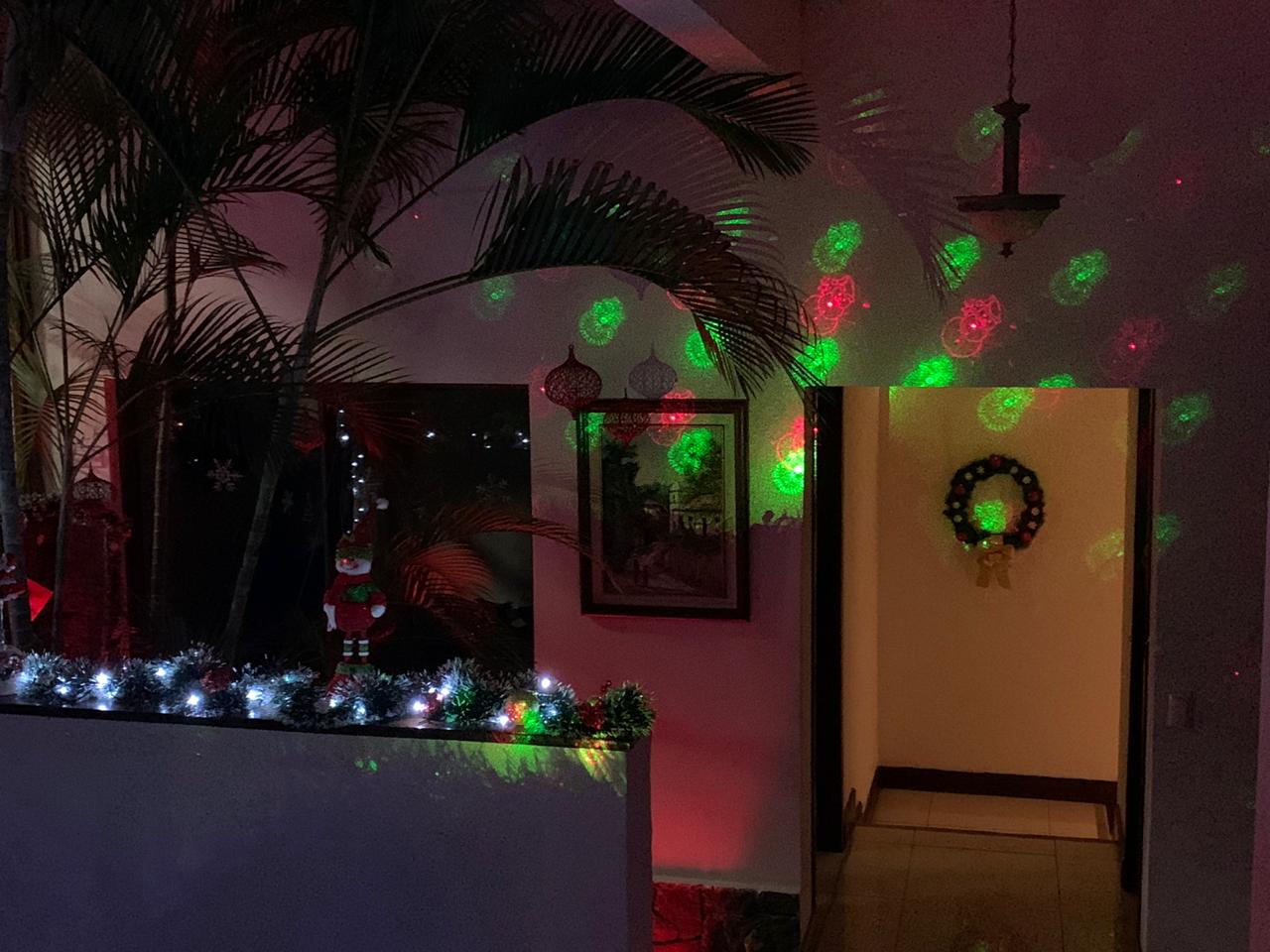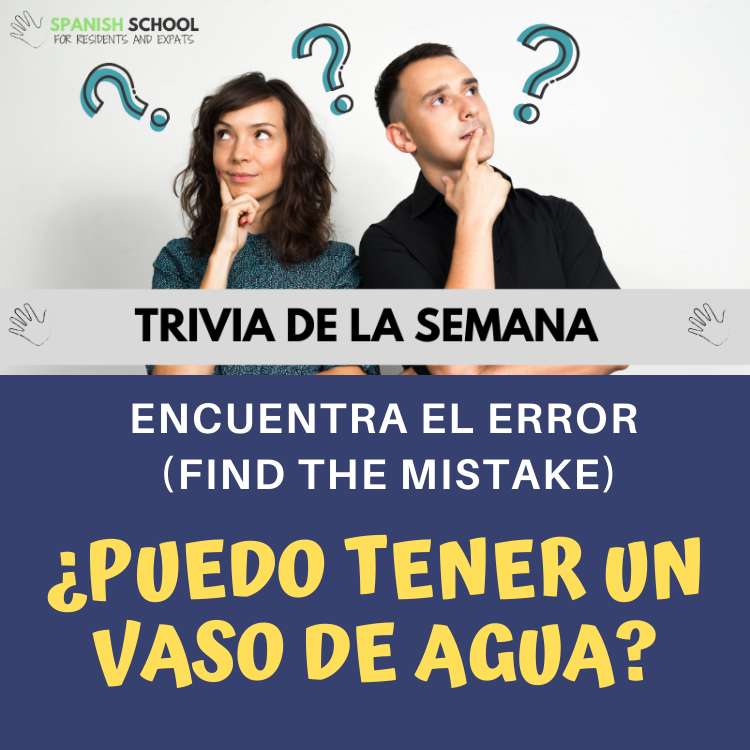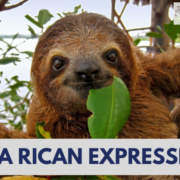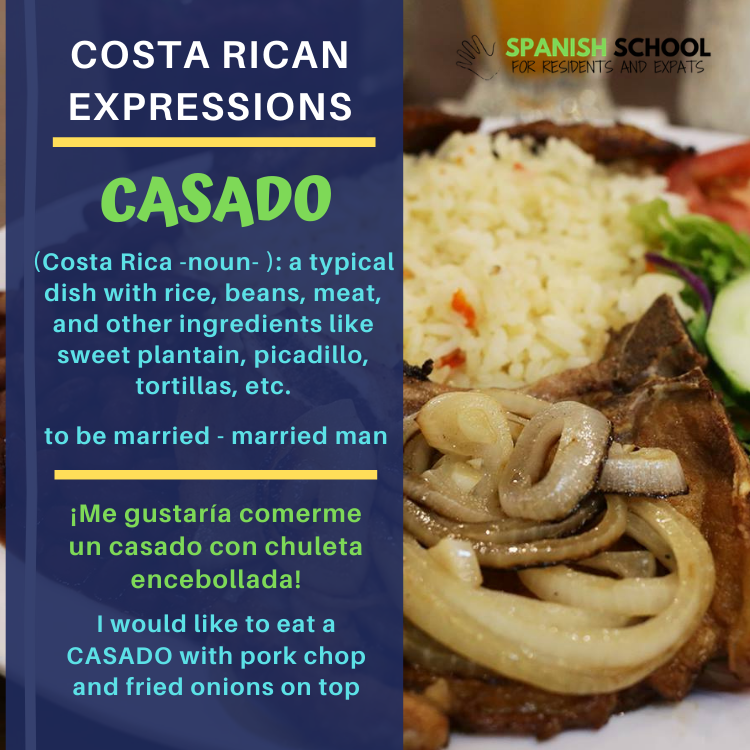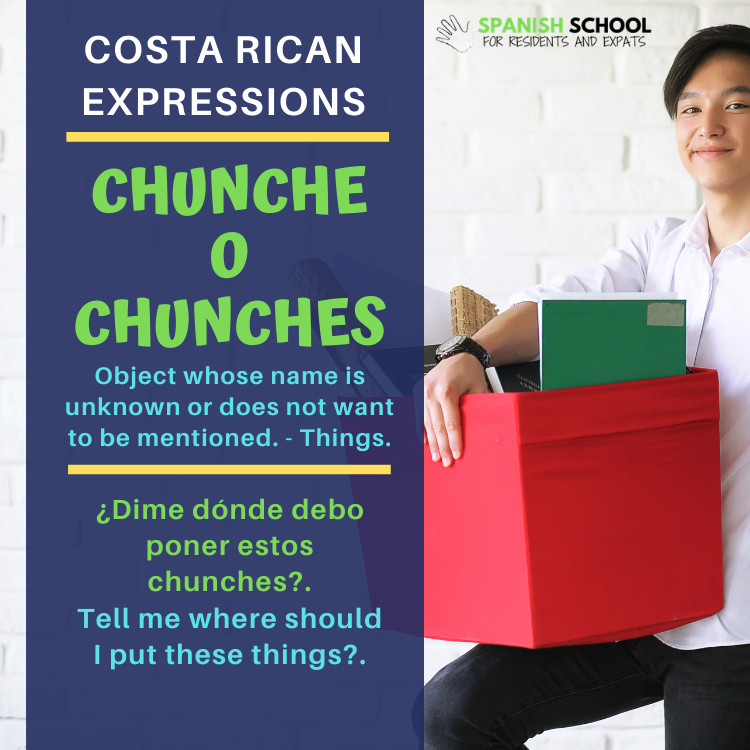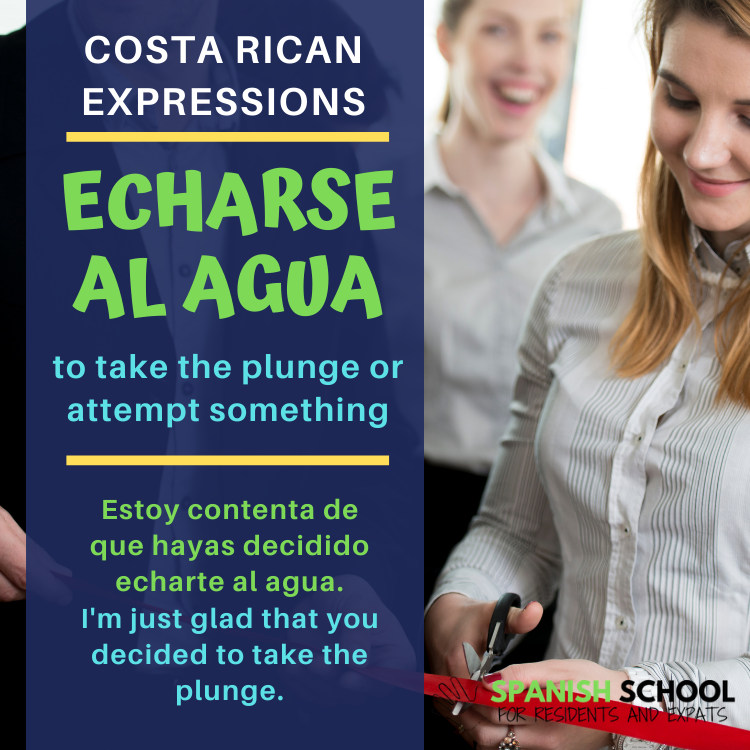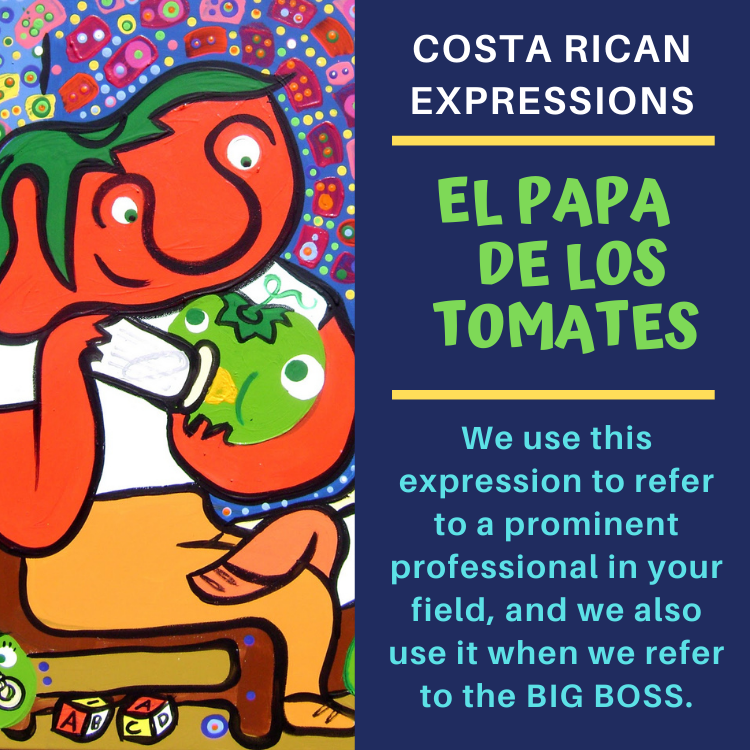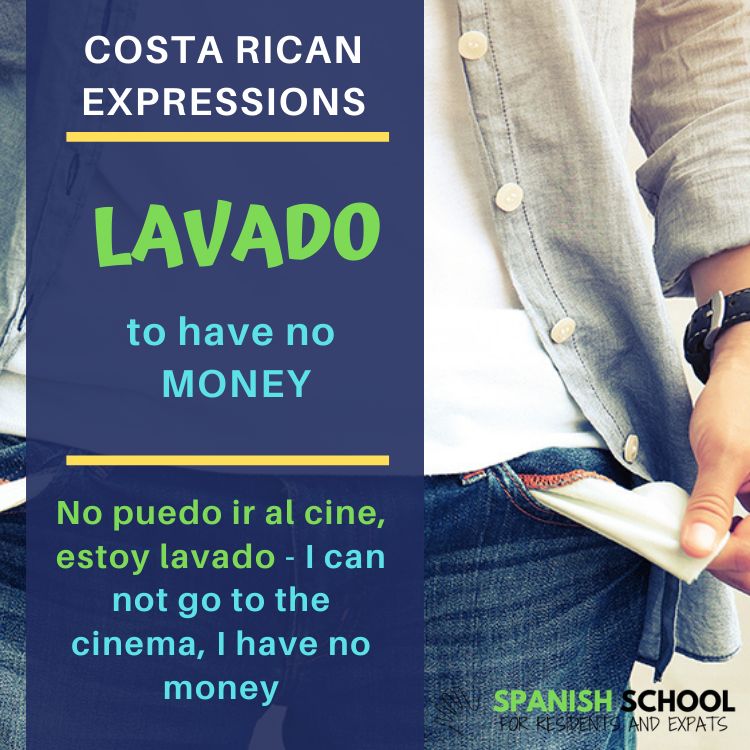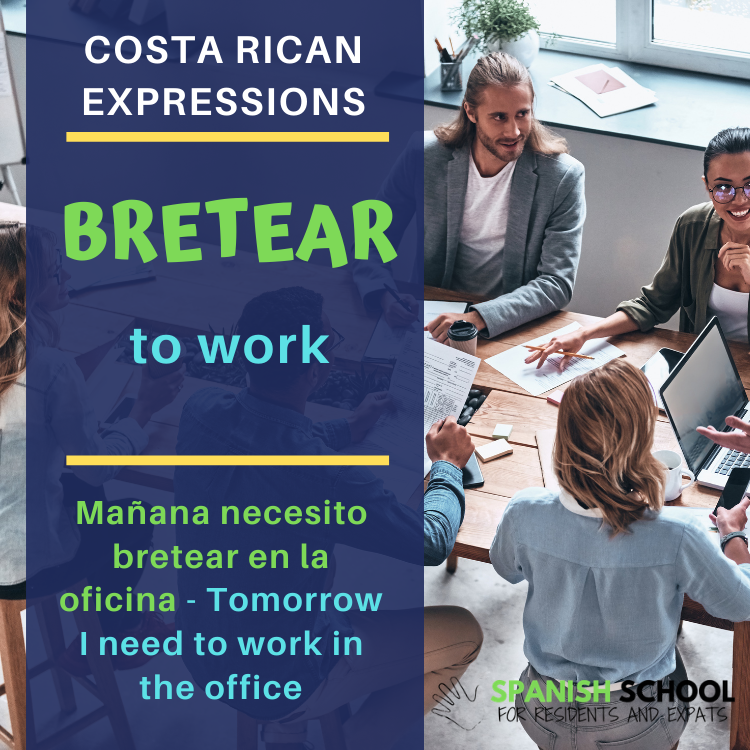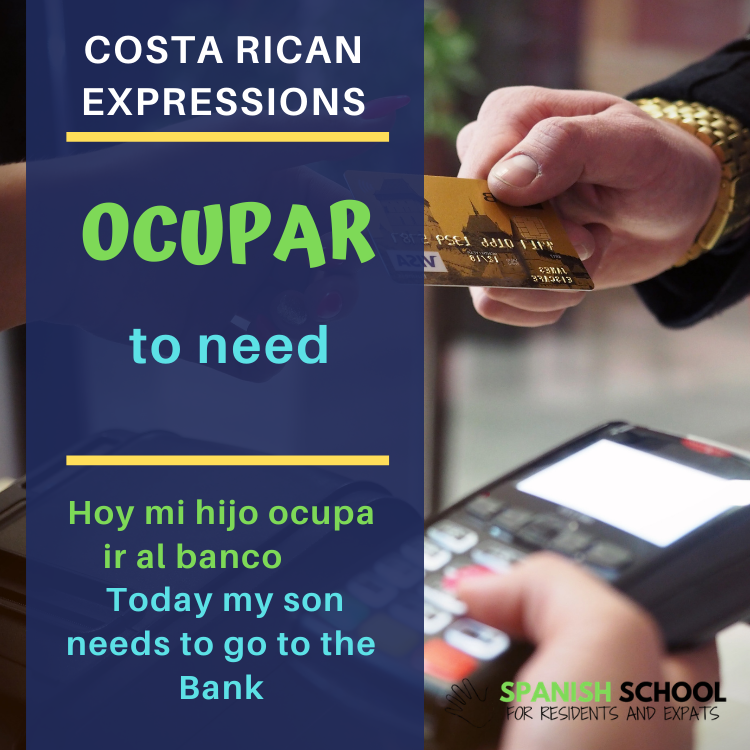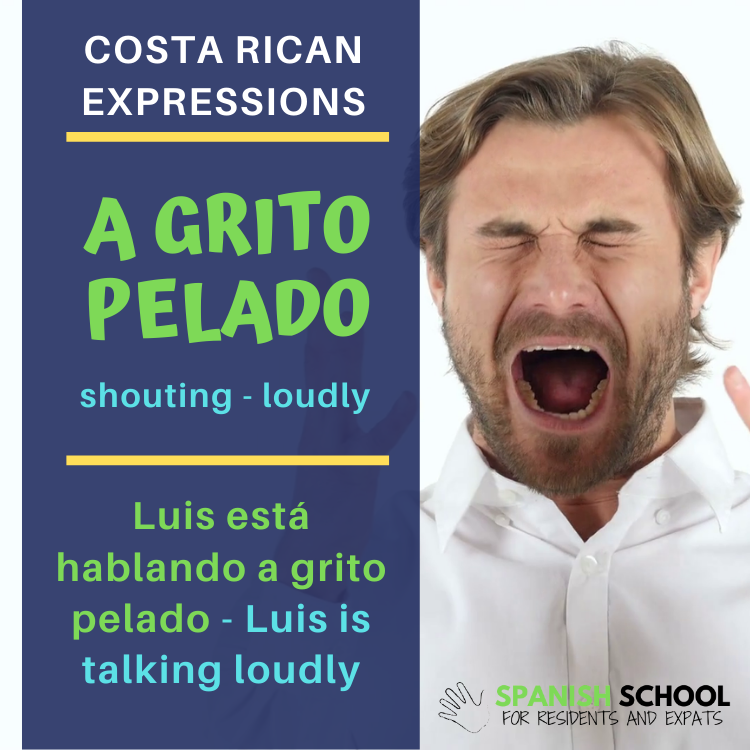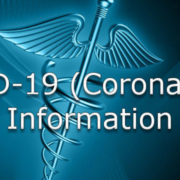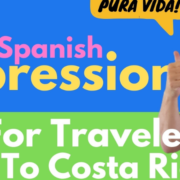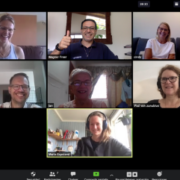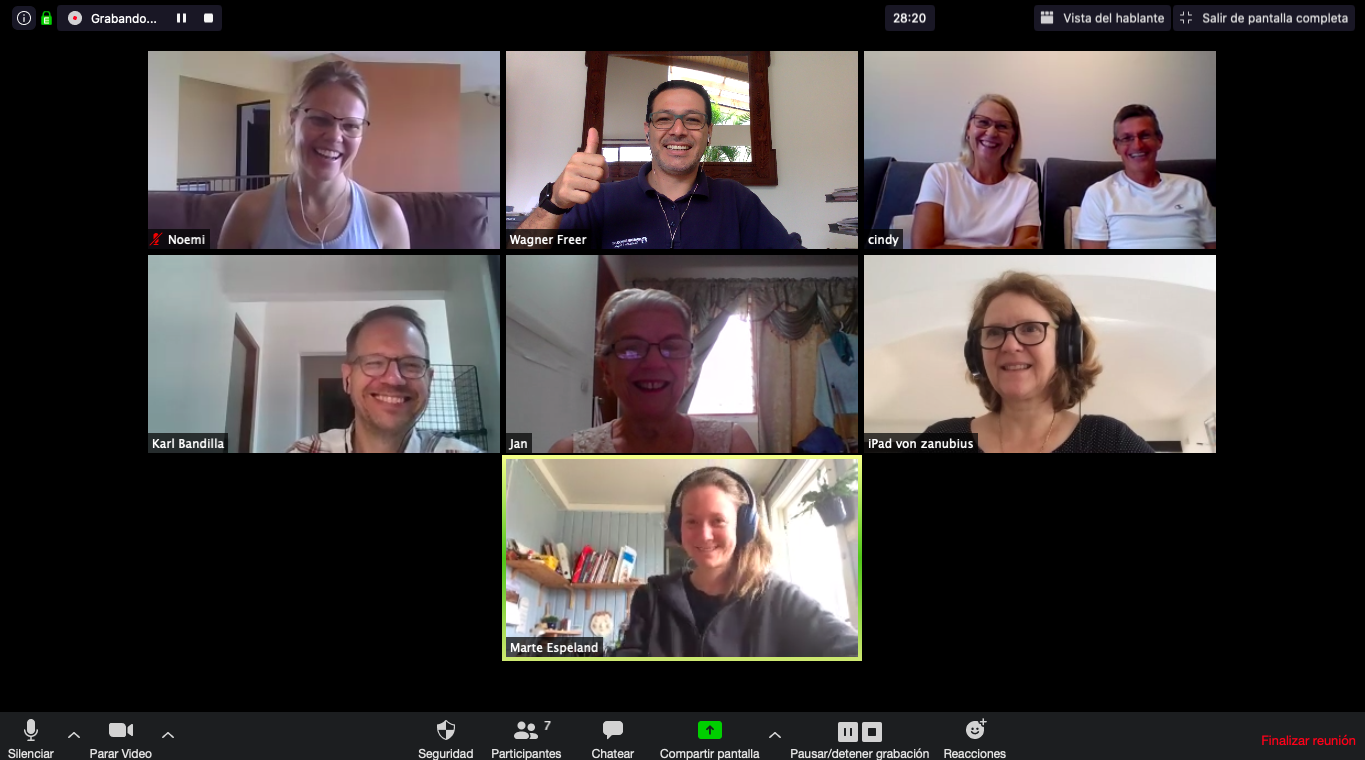Palabras que usamos en NAVIDAD
![]()
En este blog queremos mostrar algunas de las palabras que usamos en la temporada de Navidad. Queremos aprovechar para decirle a todos nuestros estudiantes, amigos, socios que tengan un excelente NAVIDAD. Un abrazo para cada uno de ellos.
Palabras Navideñas
-
- Aguinaldo – Christmas bonus, Christmas box money
- Arbol de Navidad – Christmas tree
- Cena de Navidad – Christmas dinner
- Corona Navideña – Christmas wreath
- Día de Navidad – Christmas Day
- Feliz Navidad – Merry Christmas
- Gordo Navideño – Christmas jackpot
- Lotería Navideña – Christmas lotto
- Nochebuena – Christmas Eve
- Regalo de Navidad – Christmas present, gift
- Villancicos – Christmas carol
- Santa – Santa Claus
-
- Portal de Navidad – Nativity secene
- Estrella de Navidad – Christmas star
- Guirnaldas – Garlands
- Bolas de adorno – ball of adornment
- Muñeco de nieve – Snowman
- Nieve – Snow
- Galletas de Navidad – Christmas cookies
- Rompope – Eggnog
- Campanas – Bells
- Velas/Candelas – Candles
- Adornos/Decoraciones – Decorations
- Luces – Lights
-
- Angels – Ángeles
- Baby Jesus – El niño Jesús
- Elf – Duende
- Elves – Duendes. Cómo escribir palabras en plural en inglés.
- Family – Familia
- Frosty the Snowman – Frosty el hombre de nieve. Protagonista de una canción popular navideña.
- Grinch – El Grinch. Personaje navideño creado por Dr. Seuss
- Guest – Invitado
- Jesus – Jesús
- Joseph – José
- Nutcracker – Cazcanueces
- Rudolph – Rudolph el reno
- Saint – Un santo
- Santa’s helpers – Ayudantes de Santa Claus
- Santa Claus – Santa Claus
- Scrooge – Scrooge. Protagonista de la novela Cuento de Navidad de Charles Dickens.
- Shepherds – Pastores
- The Christmas Spirit – El Espíritu Navideño
- Three Kings/Three Wise Men – Los Tres Reyes Magos
- Virgin Mary – La Virgen María




